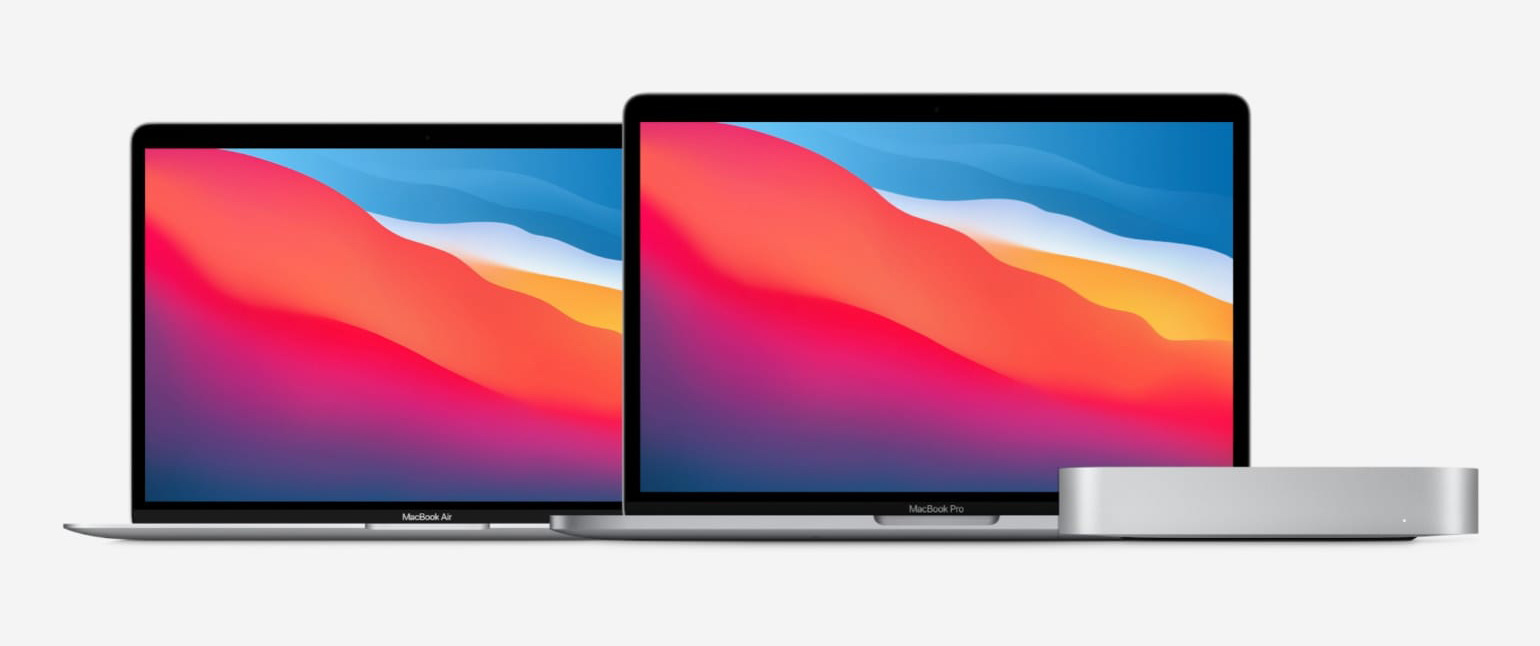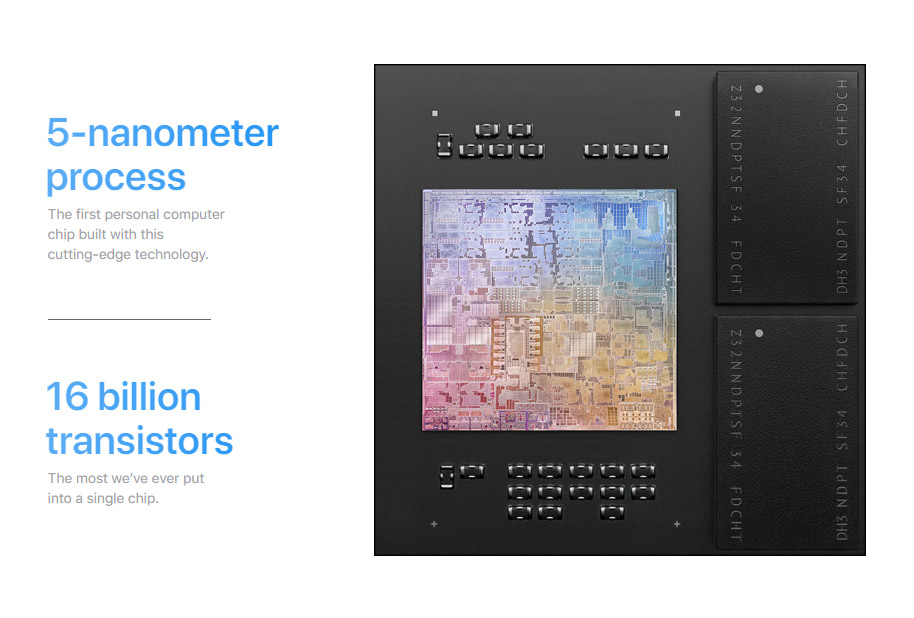Apple announced three new Mac computers on November 10, 2020: a MacBook Air, a 13-inch MacBook Pro, and a Mac Mini.
While they appear to look the same as their predecessors, the chips that power them aren't anymore from Intel. Apple has embedded its own 'Apple Silicon' M1 chip to replace Intel's, marking the end of a 15-year partnership where Intel processors powered Apple's laptops and desktop computers.
Apple's M1 chips are based on ARM technology, as opposed to Intel's x86 architecture.
ARM was originally designed for use only on mobile devices, and this is why ARM chips are more power efficient, leading to longer battery life. On a laptop, this could mean some hours extended usage before having to plug to a wall socket.
On the entry-level MacBook Air, for example, Apple said that it can manage 15 hours of web browsing on one charge, nearly 30% more than the advertised 10 to 11 hour battery life of the previous Intel-based model.
The M1 also allows the Macs to work more like phones or tablets, Apple said, with features like the ability to wake up from sleep instantly.
And since computers work similarly like phones, the efficiency of the M1 chips would allow Apple to create even smaller batteries.

According to Apple CEO Tim Cook, using ARM-designed chips instead of Intel has a "long-term strategy of owning and controlling the primary technologies behind the products we make."
Apple has invested heavily in its silicon chips department, including though major acquisitions. For example, Apple has acquired P. A. Semi in 2008 for $278 million, which started the department, and most recently, the $1 billion for part of Intel's modem business in 2019.
Apple has been building its own A-series chips for iPhones, iPads, and Apple Watches since 2010.
And with its ability to provide its own chips, Apple is relying less on third-parties, meaning that it can keep its strategic goal of controlling its entire stack.
The Cupertino-based company founded by Steve Jobs and Steve Wozniak, wants to own everything from the silicon chips to the software to how the user moves the mouse around and type on its keyboard.
Controlling its own technologies can also help Apple integrate its products more deeply.
For example, Apple can control its own schedule, and also control the cost.
Another advantage, is that the ARM-powered Macs can make use of the enormous ecosystem that already exists for iOS apps. There are almost two million apps available for iOS, a number that far exceeds the number of apps built strictly for the Mac.

Apple that is at this time the fourth-largest PC maker measured by shipments, according to a Gartner estimate. And with it shipping its own chips on Mac computers is a huge blow for Intel, especially since Intel is already falling behind in manufacturing.
The news of this was first announced in June.
Apple said that the M1 chip in the Macs uses 5-nanometer transistors, manufactured by its partner, TSMC.
In general, the more transistors a chipmaker can fit into the same space, the more efficient the chip is. In comparison, Intel chips are at this time use 10-nanometer transistors.
In the meantime, other challengers including Samsung, have also move to 10-nanometer and 7-nanometer chips. And this again is putting a pressure in Intel's business and market share.
The only significant downside of this, is how Apple can manage developers to quickly move to developing software for its ARM-powered chips. Since ARM uses a different architecture than Intel's, the way software work also differs.
It should be noted that Apple has earned more than $9 billion in Macs sales in the past quarter, a record by more than $1.5 billion. This is pale in comparison to the sheer number of iPhones the company sells.
But still, Mac computers have long been Apple's soul, and by using its own chips, Apple can ensure that it can live forward as one of the biggest tech companies in the world to tell the tale.
And that simply because Apple is taking back control over its destiny.
Read: First Apple MacBook With M1 Chip, First On AnTuTu With Over 1 Million Points